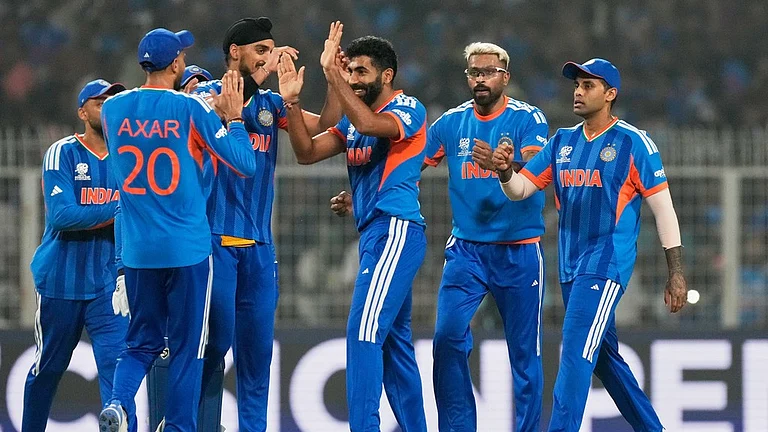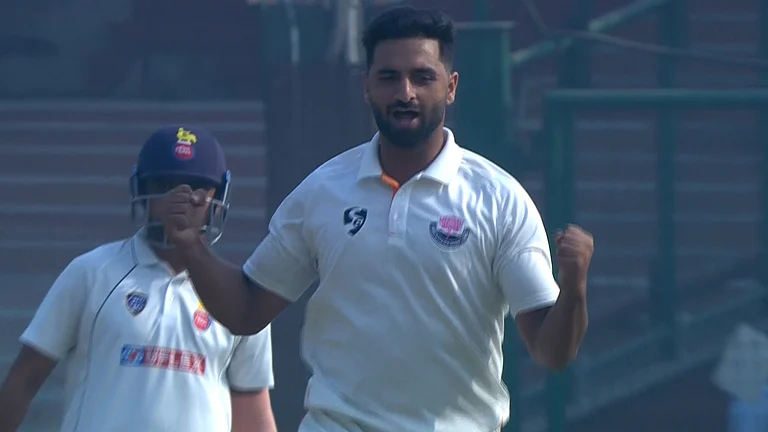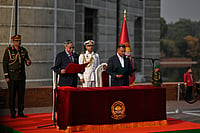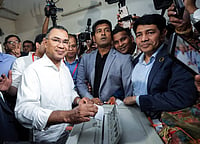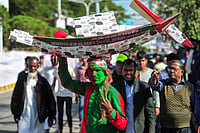The tocsin signalling frenetic activity before the polls is months away still, but the high notes of bugles, signifying the start of the battle campaign, has started sounding loud and clear. Three central agencies—the Central Bureau of Investigation (CBI), the Enforcement Directorate (ED) and the National Investigation Agency (NIA) summoned, sought papers from and grilled a number of Trinamool Congress leaders since August 24, prompting the TMC to allege that the Centre was using the agencies for “political vendetta”.
On August 24, the ED sent letters to senior TMC leaders, including influential minister Suvendu Adhikary and Lok Sabha MP Aparupa Poddar, in connection with the alleged bribery expose in the Narada sting operation (of 2016). On August 27, the CBI questioned Saradha chit fund scam (of 2013) accused Kunal Ghosh, who was suspended from the Trinamool in 2013, and appointed TMC spokesperson barely one month ago. Besides, the Calcutta office of the CBI’s economic offences wing IV—which is probing the chit fund scam—was revamped, with four officers of superintendent of police rank freshly posted.
Over August 28 and 29, the NIA grilled Chhatradhar Mahato, appointed TMC state unit secretary a month ago, in connection with the murder of a Communist Party of India (Marxist) worker in 2009.
“Politics behind these moves is too obvious to be missed. It’s going to be an action replay of what happened ahead of the 2019 Lok Sabha elections—a fake battle between nirab (quiet) Modi and sarab (vocal) Mamata, with the police and security agencies being used as pawns. Both parties are using agencies to muzzle the opposition and protect goons of their own alignment,” said CPI(M) politburo member Mohammed Salim.
As expected, TMC leaders unequivocally branded the moves of the agencies as part of a ‘political conspiracy’. “The NIA reopened a case that is 11 years old just because I have taken a stance against the BJP,” said Mahato, who was released at the beginning of this year after serving 10 years in jail for his association with Maoist leaders. Between 2014 and 2017, the CBI had arrested, besides TMC Rajya Sabha MP Ghosh, state minister Madan Mitra and TMC Rajya Sabha MP Srinjay Bose in connection with the Saradha scam and Lok Sabha MPs Sudip Banerjee and Tapas Pal in connection with the Rose Valley chit fund scam.
In February 2019, Mamata Banerjee took on the Centre in dramatic fashion, sitting on a dharna after the CBI allegedly made an attempt to forcefully enter the residence of Calcutta Police commissioner Rajeev Kumar, considered the chief minister’s ‘blue-eyed cop’, whom the CBI wanted to grill for alleged tampering with evidence when Kumar led the Saradha probe, before the CBI took over.
TMC spokesperson Om Prakash Mishra said that using central agencies as “an instrument of political intimidation and coercion” was the “institutionalised scheme of BJP”.
“There is no surprise in the on and off proactive role that the agencies assume to fulfil the political objective of the BJP, especially in opposition-ruled states. West Bengal happens to be a prime target, especially in the context of the upcoming assembly elections. We are fully prepared to meet the legal challenge as well as any possible political fallout. This tactic would not succeed in Bengal,” Mishra said.

From left, TMC MP Sudip Bandyopadhyay, ex-MP Kunal Ghosh and Chhatradhar Mahato, now a TMC man.
BJP leaders, however, accused the TMC government of running “a police state”. “Under Mamata Banerjee’s rule, the police have become the party’s slaves. All our leaders are being implicated in false cases. The police never give permission to our programme. The police stations have turned into extensions of the TMC’s offices,” said BJP state unit president Dilip Ghosh. He cited the way the state police slapped dozens of cases against Mukul Roy and Arjun Singh since they left TMC and joined BJP. “There is no district where I do not have a case against me,” Ghosh said.
BJP leaders cited how the state police, in the second week of August, raided the Cooch Behar residence of Ananta Roy, a leader of the once-influential Great Cooch Behar Movement, and who has been maintaining close ties with the BJP over the past couple of years. In the first week of August, Kolkata Police summoned two senior BJP leaders, national joint general secretary (organisation) Shiv Prakash and state general secretary (organisation) Subrato Chattopadhyay in connection with a case against a former leader of Bengal BJP.
According to psephologist Biswanath Chakraborty, the central agencies’ moves would not have much effect on public perception. “It has become crystal clear to the people that the agencies’ role is determined by the timing of the elections. However, the agencies may be useful in harassing and intimidating leaders, sometime to facilitate political poaching and sometimes to prevent defection,” says Chakraborty, a professor of political science at Rabindra Bharati University, Calcutta. “This is true for both the Union and the state government,” he added.
Political analyst Udayan Bandyopadhyay, who teaches political science at Bangabasi College in Calcutta, echoes Chakraborty. “Saradha and Narada scams failed to influence the results of the 2013 panchayat elections, 2016 assembly elections and the 2019 Lok Sabha elections. These issues are unlikely to have any influence on the masses. However, the agencies may be used to neutralise influential TMC leaders,” Bandyopadhyay says.
Indeed, it’s a test of voters’ attention span, as TMC and BJP chase each other out in this spiraling cycle of political vendetta.
By Snigdhendu Bhattacharya in Calcutta



